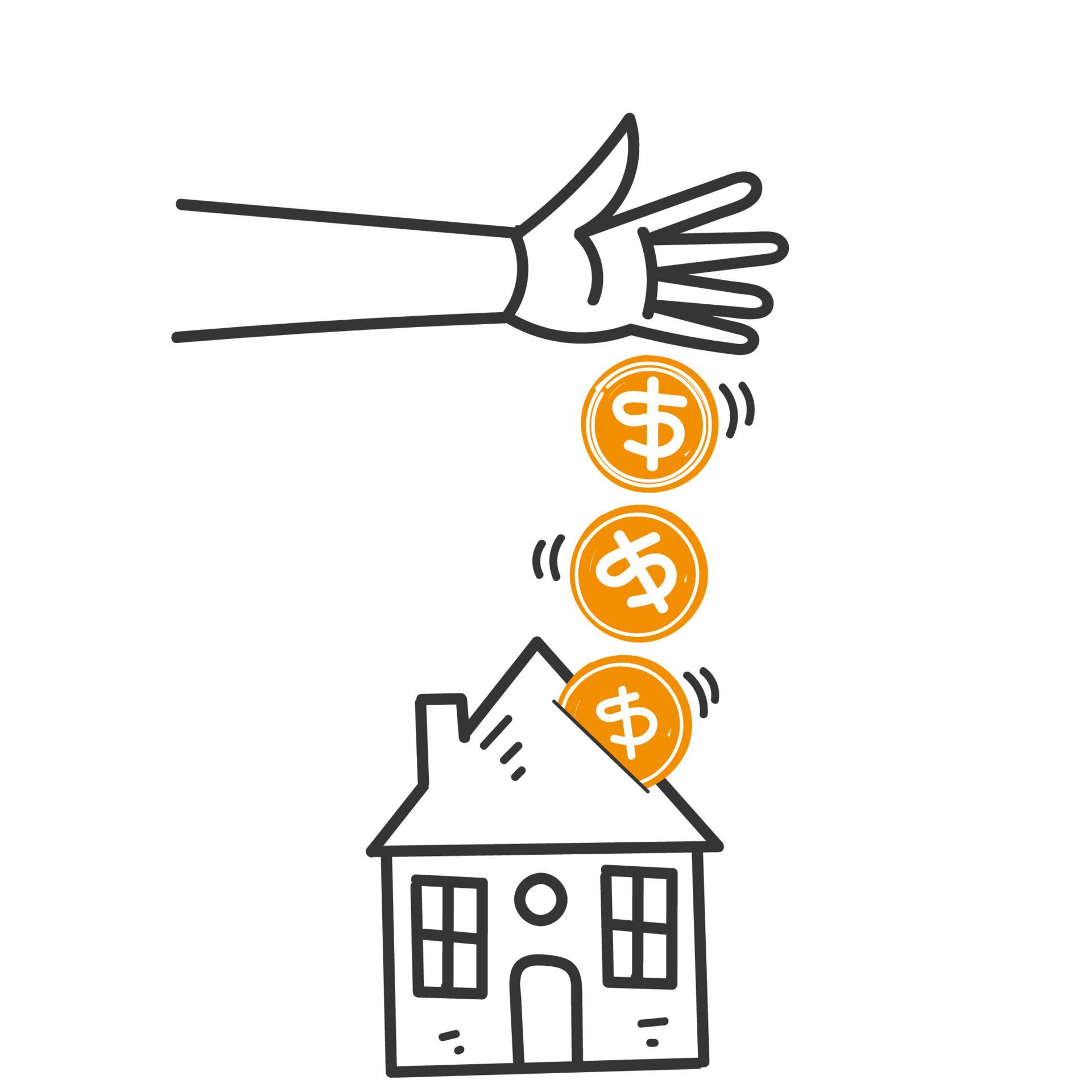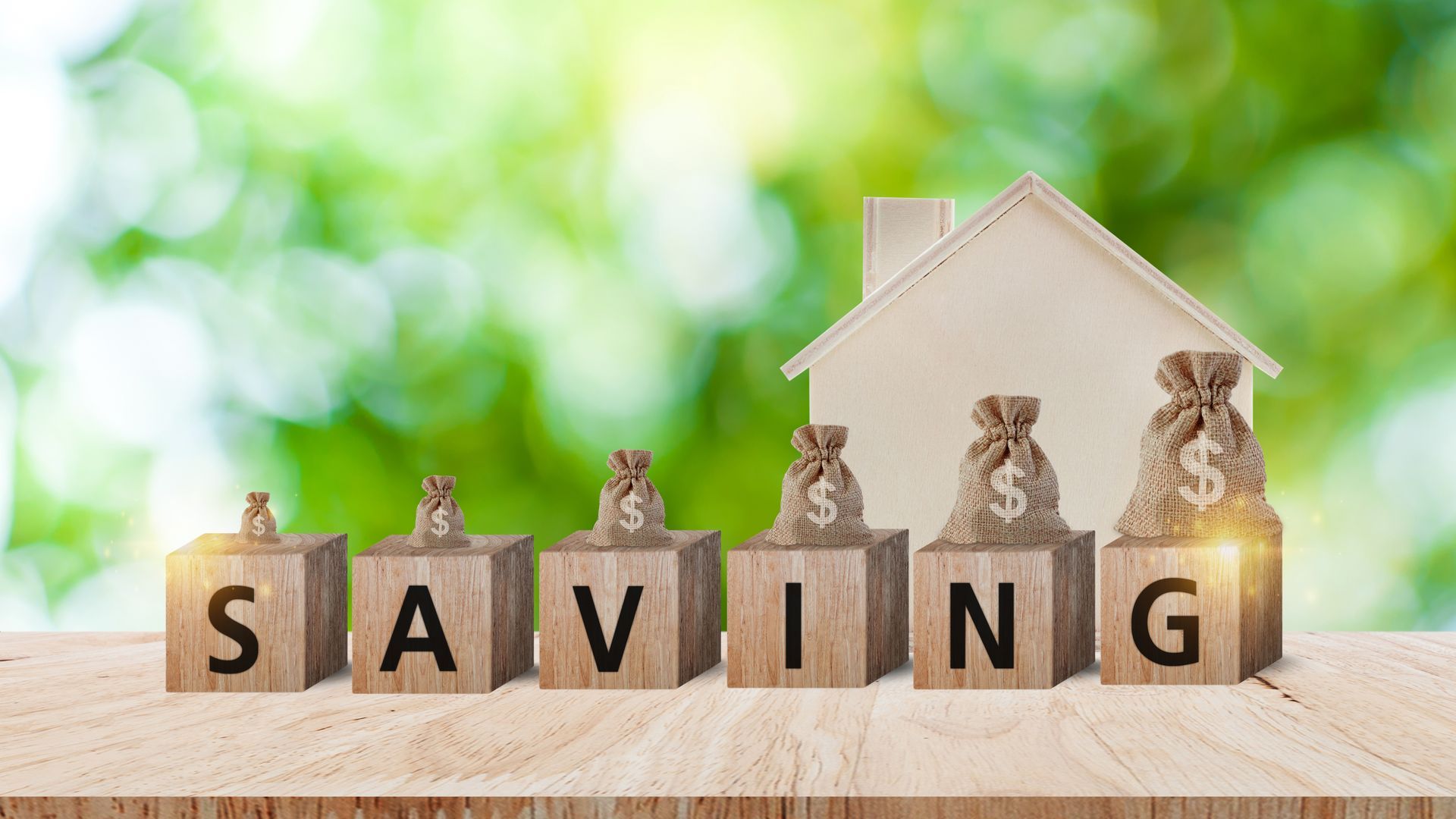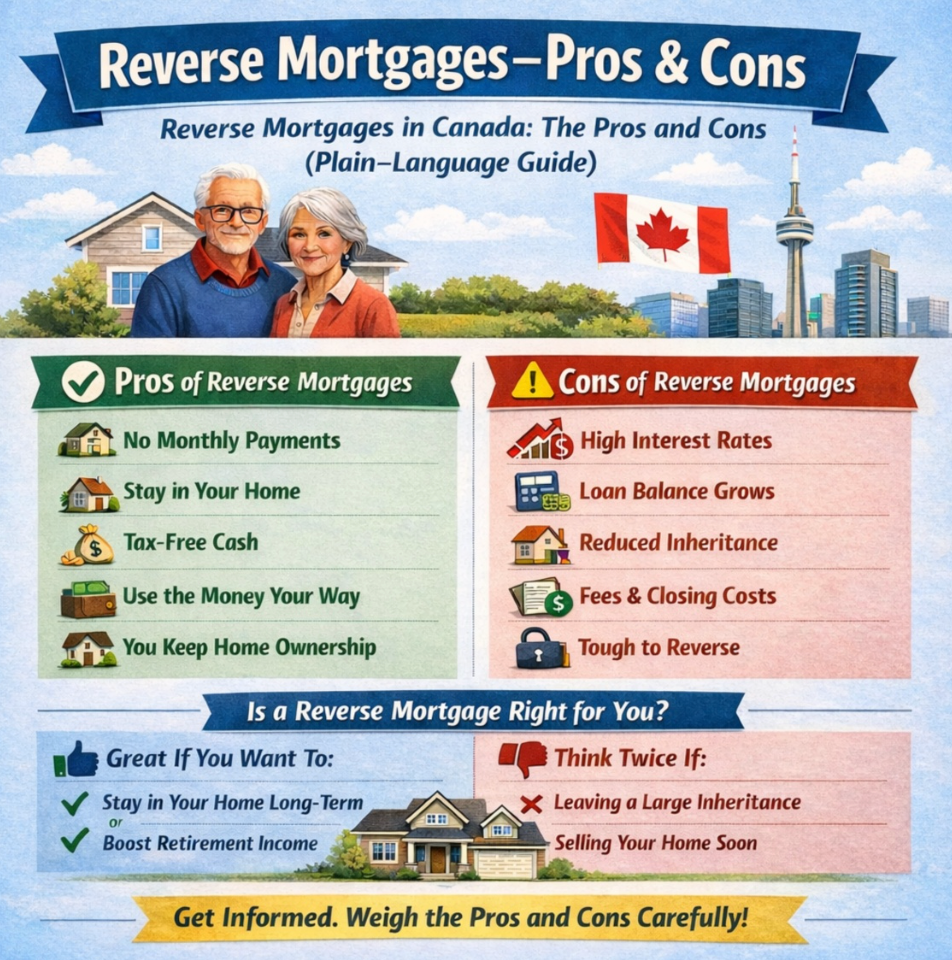First Home Savings Account (FHSA) - 5 Things You Need to Know

Canadian homebuyers face a significant challenge when it comes to accumulating the hefty down payments required to purchase homes in our increasingly expensive housing markets. According to the National Bank of Canada's housing affordability index from February 2024, the down payments needed for the median homes in cities like Toronto and Vancouver surpass $200,000.
In response to this growing concern, the federal government introduced the First Home Savings Account (FHSA) on April 1, 2023, aiming to help improve the financial down payment burden on prospective homebuyers.
However, while the FHSA offers promising opportunities, it's crucial for would-be buyers to understand its workings and potential risks. Here are five essential things prospective homebuyers should know before opening their own FHSA:
1. How does the FHSA work?
The FHSA allows account owners to put as much as $8,000 in savings away annually, and up to $40,000 over five years. Contribution room starts growing the first year the FHSA is opened.
- If you don’t have the whole $8000 now – consider starting your FHSA account this year with $100. Then if/when the rest of the cash comes available you can top up the account to a maximum of $8000/year (maximum contribution $40K)
That money is tax-free on the way in and on the way out, meaning any contributions can count as deductions on income tax and are not taxed when withdrawn for a down payment on a qualifying home.
The FHSA is “the best of both worlds,” with funds behaving like a registered retirement savings plan (RRSP) on the way in and a tax-free savings account (TFSA) on the way out.
Moreover, funds in the FHSA can grow tax-free for up to 15 years, after which they must be withdrawn or transferred to an RRSP.
- It's important to note that withdrawing funds for purposes other than a home purchase results in the amount being added to your taxable income for that year.
2. You don’t have to be a first-time buyer
Contrary to popular belief, the FHSA is not exclusively reserved for first-time homebuyers. Eligibility extends to Canadian residents aged 18 (or 19 in some provinces) to under 71.
You also must not have lived in a home owned by you OR your spouse in the year that you open the account or any of the preceding four years. This means Canadians who owned their home but sold more than five years ago, or currently own the property but don’t live there as their principal residence, are qualified to open an FHSA.
That opens the account up to anyone who owns and rents out a property but also rents themselves.
3. What do you do with the money once it’s in the FHSA?
Funds within the FHSA can be held in various investment vehicles, including high-interest savings accounts or securities. The choice of investments depends on individual risk tolerance and time horizon. While long-term savers might opt for stock market investments to capitalize on potential gains, those nearing their purchasing goals might prefer more conservative options like guaranteed investment certificates (GICs) or fixed-rate savings accounts.
4. Multiple accounts can work together
Individuals can open multiple FHSAs across different financial institutions without exceeding annual or lifetime contribution limits. Although joint accounts aren't permitted, funds from multiple FHSAs can be pooled towards the purchase of a single home. Additionally, the FHSA can be used alongside other savings vehicles such as TFSAs and the Home Buyers' Plan (HBP), further enhancing purchasing power.
Home Buyers Plan (HBP): Qualifying home buyers can withdraw up to $35,000/each from their RRSPs to assist with the purchase of an owner-occupied home. The funds are not required to be used only for the down payment, but for other purposes to assist in the purchase of a home.
- These funds are withdrawn, with the condition that the funds are paid back into the account over the course of 15 years (or you are taxed on the portion not being repaid into your RRSP).
- Please note that RRSP funds MUST be in account for 90 days BEFORE removing for down payment.
A down payment is not the only thing buyers need to prepare to be financially ready for a home.
Canadians should consider their “credit-worthiness,” as well, and make sure they’re paying down debt so that when they’re ready to buy and cash out their FHSA, that they will qualify for the mortgage amount they need.
5. Don’t forget about the tax implications
Opening an FHSA entails tax obligations, including reporting contributions and transactions in the annual tax return. A T4FHSA slip provided by the lender details these transactions, with individuals required to fill out Schedule 15 for deductible contributions. Notably, contributions to the FHSA are tax-deductible, but transfers to an RRSP are not. Individuals have the flexibility to carry forward deductions to future tax years if desired.

In conclusion, the FHSA presents a valuable opportunity for prospective homebuyers to save for down payments while enjoying tax benefits. However, understanding its mechanisms, eligibility criteria, investment options, and tax implications is crucial for maximizing its potential. Since buying a home involves various financial considerations beyond the down payment, it's essential to assess one's overall financial readiness, including creditworthiness and debt management. By exploring available options and seeking professional guidance of your mortgage broker, financial planner & accountant, individuals can navigate the path to homeownership more effectively.
As you can tell there is lots to discuss when buying a home, including saving your down payment.
Let’s have a chat and find a mortgage that works for your situation.
Kelly Hudson
Mortgage Expert
Mortgage Architects – A Better Way
Mobile: 604-312-5009
Kelly@KellyHudsonMortgages.com
www.KellyHudsonMortgages.com






